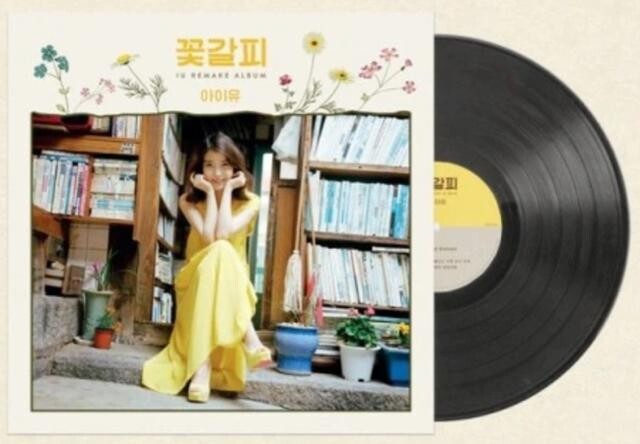Courtesy of Seoul Record Fair
The Korean vinyl record market is witnessing a downturn, as indicated by a significant drop in sales at online retailer Aladin. Previously sought-after LPs, typically priced between 40,000 to 60,000 won ($30-45), have seen prices plummet to 10,000 to 20,000 won.
C Shop Korea, an importer of music records, has reported a 40 percent decrease in domestic sales compared to the previous year. In response, they have opted to slash prices rather than accumulate unsold stock. Factors contributing to this trend include the end of the pandemic, lifestyle changes such as increased outdoor activities, and inflation. High prices, inconsistent quality, and delays in LP releases have also dampened consumer interest.
In contrast to the stagnation in Korea, the United States continues to experience steady growth in the vinyl market. Yes24, Korea's largest online bookstore, has witnessed a sharp decline in LP sales growth, shifting from significant gains to a single-digit decrease last year.
 |
| ▲ Seoul Record Fair held in COEX, Gangnam-gu, Seoul last November / Courtesy of Seoul Record Fair |
Operators of LP Cafe, a community with 18,000 members, have highlighted growing consumer disillusionment with the high cost and quality issues of K-pop LPs. This has led to increased mistrust and fatigue among buyers.
Industry insiders suggest that the vinyl boom had reached its peak, with the market now adjusting to a more realistic pace influenced by consumer expectations and economic factors.
Ha Jong-wook, CEO of Machang Music & Pictures, Korea's sole LP manufacturer, notes that sales have dropped to 30 to 40 percent of peak levels in 2022. Quality issues and a focus on reissues targeting older generations have contributed to this decline.
Choi Sung-cheol, CEO of Artbuster, preparing to operate a domestic LP factory, believes that the market is diversifying rather than shrinking. He points to the increase in independent sellers and both online and offline record stores as evidence of this trend.
 |
| ▲ IU's 'Kkot Galpi' (flower bookmark) LP / Courtesy of EDAM Entertainment |
The vinyl revival reflects broader sociocultural shifts in music consumption, driven by a desire for authentic and nostalgic experiences. However, challenges such as adapting to modern music release schedules and fluctuating demand persist. The increase in the variety of vinyl records and the diversification of sales channels indicate an evolving market, albeit with growing pains.
As the Korean vinyl industry navigates this downturn, observers are monitoring closely to gauge the future trajectory of the market and its intersection with the world of K-pop and vinyl records.
Sayart
Blue YIM, yimyoungseo1010@naver.com




